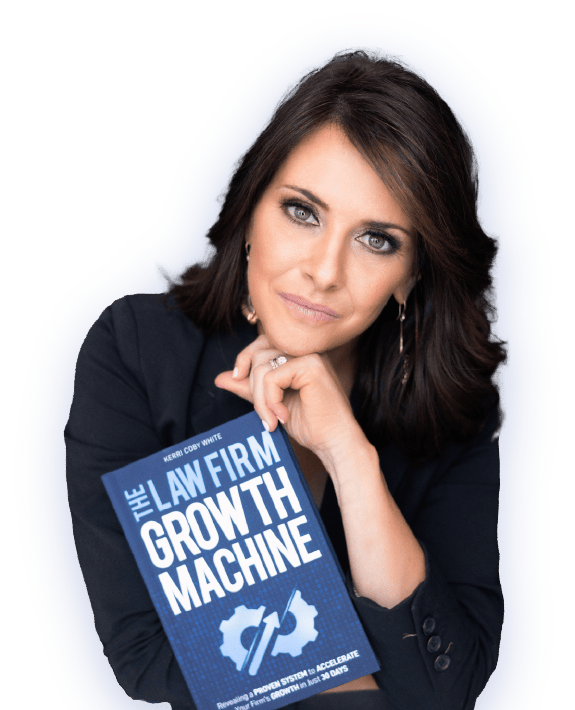The National Highway Traffic Safety Administration (NHTSA) has launched an investigation into the performance of Tesla’s automated driving software in low visibility conditions. The agency reviewed previous collision reports and identified four incidents where Tesla’s Full Self-Driving (FSD) system was engaged in fog, sun glare, or dust. FSD is not a fully automated system and still requires the driver’s full attention and a steering wheel. One of the crashes resulted in a pedestrian fatality and another caused an injury. The investigation covers approximately 2.4 million Tesla vehicles from model year 2016 to 2024 that are equipped with FSD, and could potentially lead to a recall. Tesla drivers can purchase FSD as a software upgrade for $8,000 or $199 per month. All Tesla models, including the recently unveiled Cybertruck, are compatible with FSD. The NHTSA will be examining whether FSD can properly detect and respond to reduced visibility conditions, as well as looking for any other crashes that occurred in similar conditions. The agency will also be investigating if recent system updates have affected FSD’s performance. This investigation comes just a week after Tesla’s Cybercab “robotaxi” reveal event, where CEO Elon Musk touted a future where drivers can fall asleep and wake up at their destination. Tesla has denied that its self-driving system poses a risk to the public, citing internal data that shows it is saving lives and preventing injuries. However, FSD has been involved in multiple crashes, including a fatal one in 2018 where Tesla ultimately settled the case. In another fatal crash in 2019, the NHTSA confirmed that Tesla’s Autopilot was engaged just 10 seconds before the collision.

The Art of Persuasion: Using NLP Language Patterns to Enhance Law Firm Marketing
< 1 minuteIn the fiercely competitive arena of legal services, effective communication is not just an asset; it’s a necessity. It’s no









